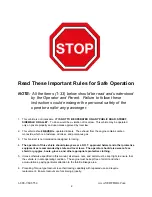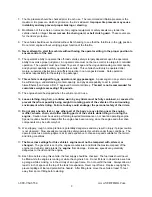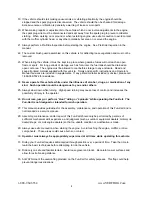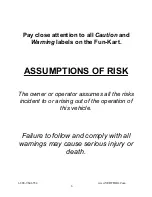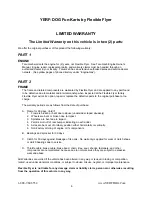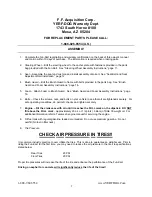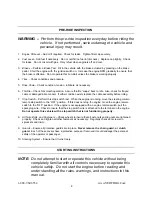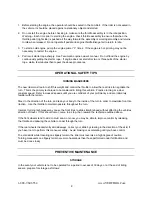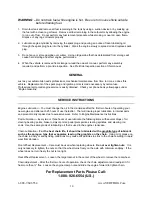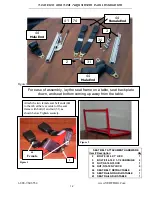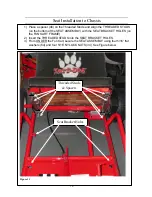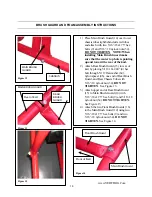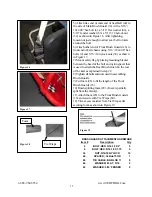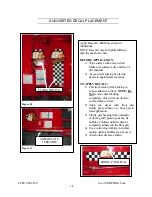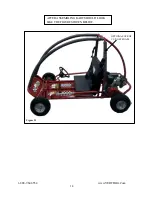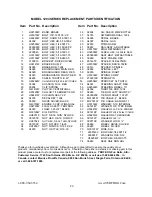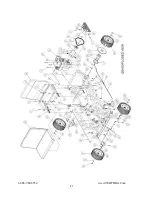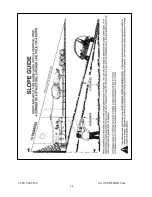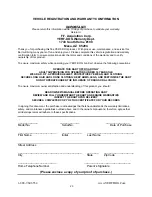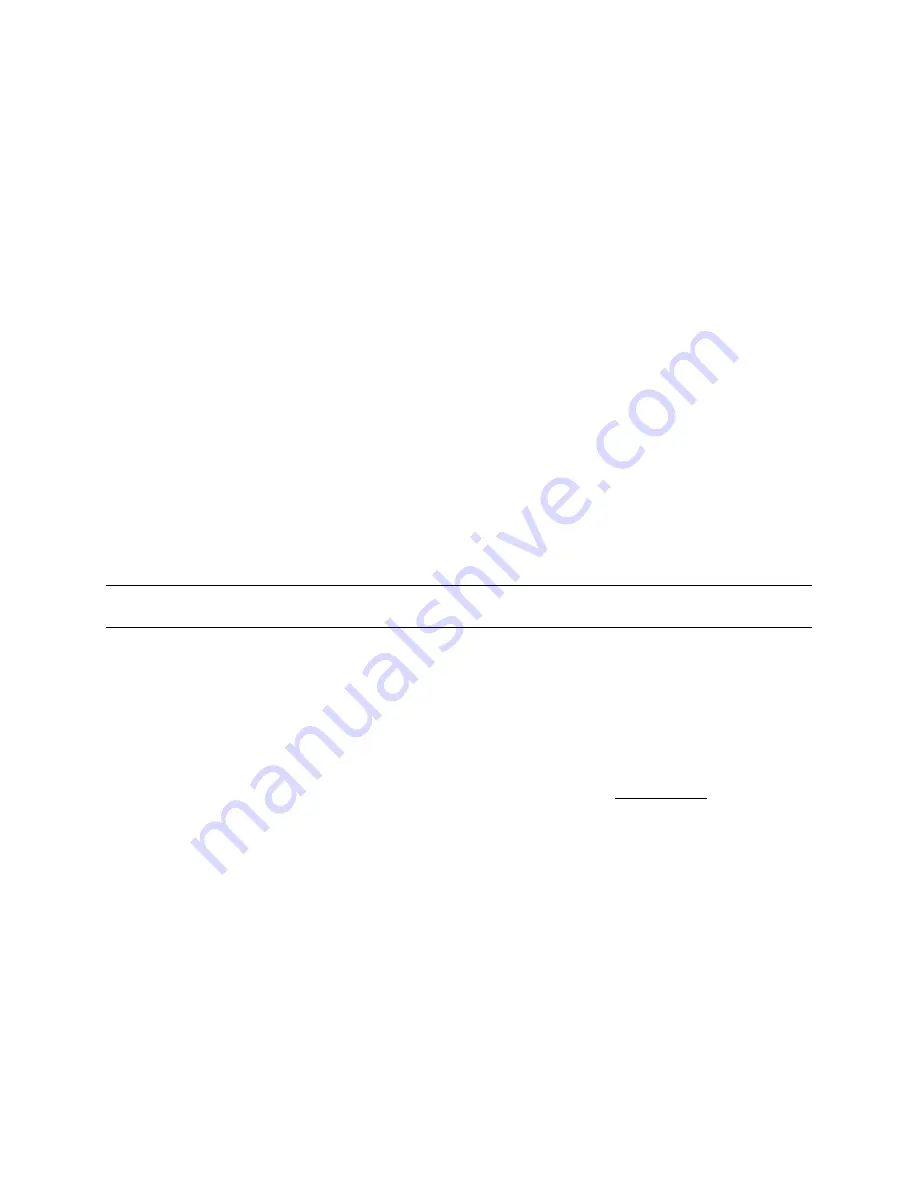
1-888-962-6554
www.YERFDOG.Com
10
WARNING –
Do not drain fuel while engine is hot. Be sure to move vehicle outside
before draining fuel.
1. Drain fuel tank and remove all fuel remaining in the tank by using a suction device or by soaking up
the fuel with a clean rag or towel. Remove all fuel remaining in the carburetor by allowing the engine
to run out of fuel. Do not perform any fuel removal procedure while smoking or near an open flame.
Dispose of any rags or towels properly.
2. Lubricate engine cylinder by removing the spark plug and pouring an ounce of lean lubricating oil
through the spark plug hole into the cylinder. Crank the engine slowly to spread oil and replace spark
plug.
3. Do not save or store gasoline over winter. Using old gasoline that has deteriorated from storage will
cause hard starting and affect engine performance.
4. When the vehicle is removed from storage re-read the owner’s manual, perform any assembly
required, and perform a pre-ride inspection. See Pre-Ride Inspection section of this manual.
GENERAL
Just as your automobile needs professional, mechanical maintenance from time to time, so does this
vehicle. Replacement of the spark plug and ignition points is made necessary by normal use.
Professional air-cooled engine service is easily obtained. Check your phone book yellow pages under
“Engine Gasoline”.
SERVICE INSTRUCTIONS
Engine Lubrication
– You must change the oil in the crankcase after the first two hours of operating your
new engine and after each 25 hours of use thereafter. That will insure proper lubrication in internal parts
and prevent costly repairs due to excessive wear. Refer to Engine Maintenance Instructions.
Kart Lubrication
– Every two or three hours of use lubricate the following items with several drops of oil;
steering bearing points, brake rod pivot points, pedal pivot points, steering spindles, and steering rod
ends. Use the same grade of lubricating oil that is used in the engine crankcase.
Chain Lubrication
–
For the best chain life, it should be lubricated with a
graphite type
of lubricant
such as the spray-on type that evaporates leaving the graphite on the chain.
Using oil or grease on
the chain in dusty or sandy riding conditions may cause dirt particles to stick to the chain resulting in rapid
wear from abrasion.
Front Wheel Replacement
– Care must be used when replacing wheels.
Do not over tighten nuts.
It is
only necessary to tighten the nuts so that the wheel turns freely on the axle with minimum endplay. If the
wheel does not turn freely the nut is too tight.
Rear Wheel Replacement
– Loosen the large locknut in the center of the wheel to remove the rear wheel.
Chain Adjustment
– After the first two hours of operation, check the chain adjustment and readjust it if it
has more than ½” flex. Loosen the engine clamp nuts and slide the engine forward to tighten chain.
For Replacement Parts Please Call:
1-888-926-6554 (U.S.)


